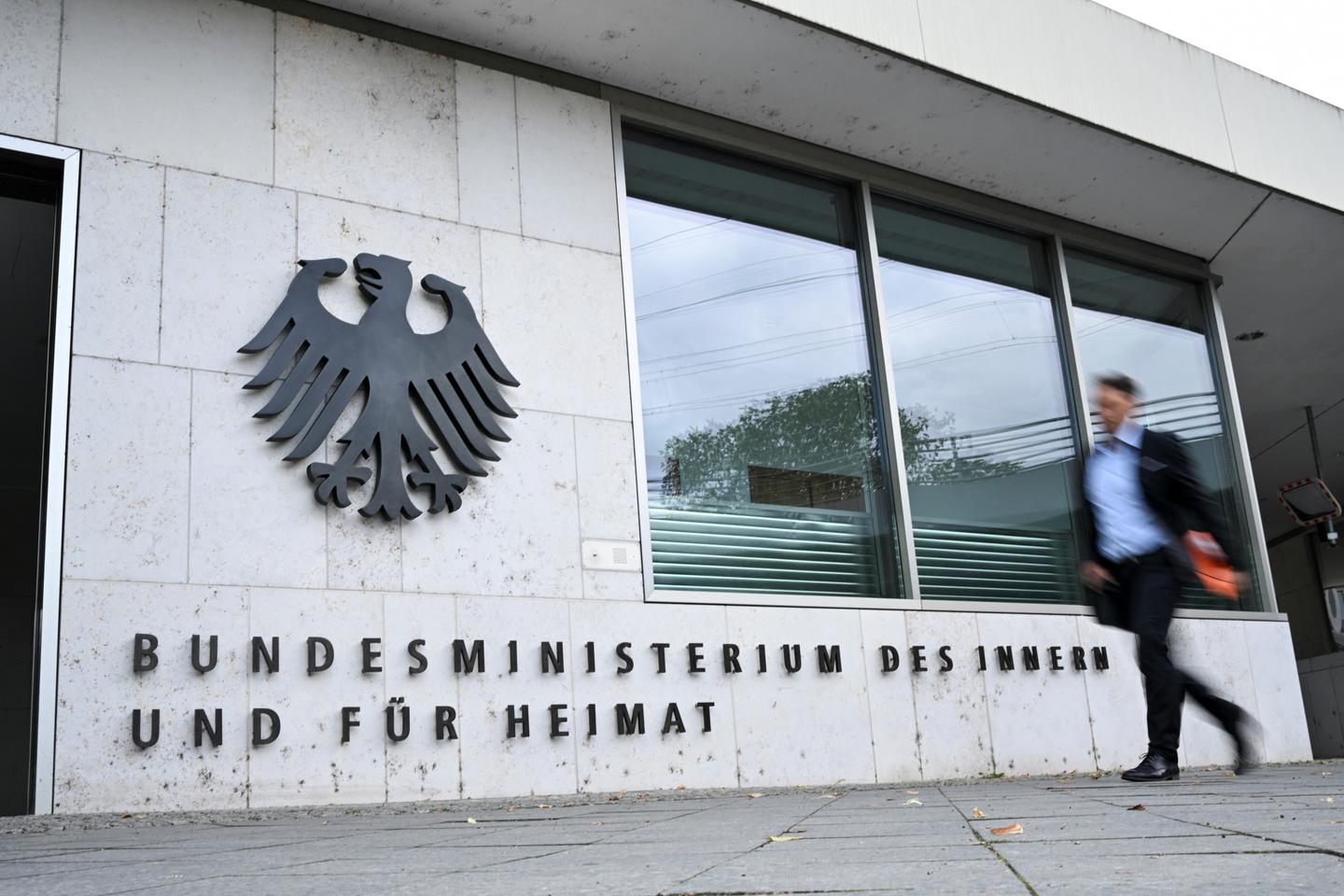

'Current events in Germany show that there is no miracle solution when it comes to migration policy'

Figures, facts, discourse and law – four keys to understanding the current tensions in German migration policy.
The figures speak for themselves: Germany is a land of asylum. It welcomed 1.4 million Syrian immigrants in 2015 and almost as many Ukrainians thereafter. In 2023, it remained Europe's leading country in terms of registering asylum applications (over 350,000, more than double that of France), with an increase of 50% on the previous year.
The facts are already a little trickier to interpret. In 2015, Chancellor Angela Merkel's slogan "Wir schaffen das" ("We'll get there!") had revealed to the world that Germany was taking on a policy of openness and welcome towards war-scarred foreigners, and that it was a strong enough power to get there.
In domestic politics and within its own coalition, however, the slogan has always been controversial. Subsequently, sexual assaults committed by foreigners, notably in Cologne on New Year's Eve 2016, resonated strongly with the public. This turning point enabled the far-right Alternative for Germany party to emerge from its insignificance and become a leading political force in the new Länder.
Safety measures
In recent times, events such as the knife attack perpetrated by a Syrian, which killed three people in Solingen on August 23, have been instrumentalized in the service of political agendas. Even if these are statistically only a few cases, their echo is now such that they can no longer be treated politically as tragic but isolated events.
As a result, the discourse has clearly shifted. The coalition government parties (Socialists, Greens and Liberals) have been under even more pressure following the September regional elections. For the first time since the end of the Second World War, the far right came out on top in Thuringia, while the Christian Democrats came out on top in Saxony, all of which are setbacks for the current government, one year ahead of the general election.
Against this backdrop, and even though citizens took to the streets en masse in 2024 to demonstrate against the far right, the rhetoric of firmness – and hence closure – prevailed. A package of security measures was announced and presented by the Federal Interior Ministry in immediate response to the Solingen attack, including the reduction of irregular migration.
This series of announcements has put an end to the balance that Chancellor Scholz had previously tried to advocate, by facilitating naturalizations and simplifying residence on the one hand, but calling for more deportations on the other. It has shifted the pendulum towards a more inward-looking Germany.
You have 51.78% of this article left to read. The rest is for subscribers only.
